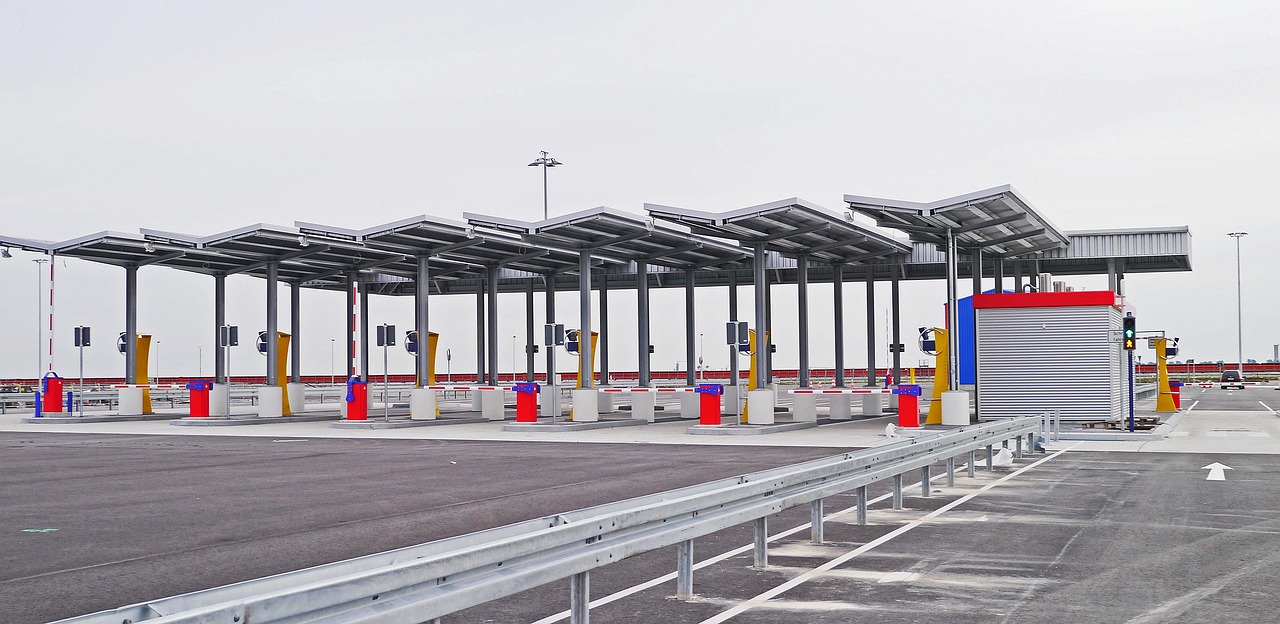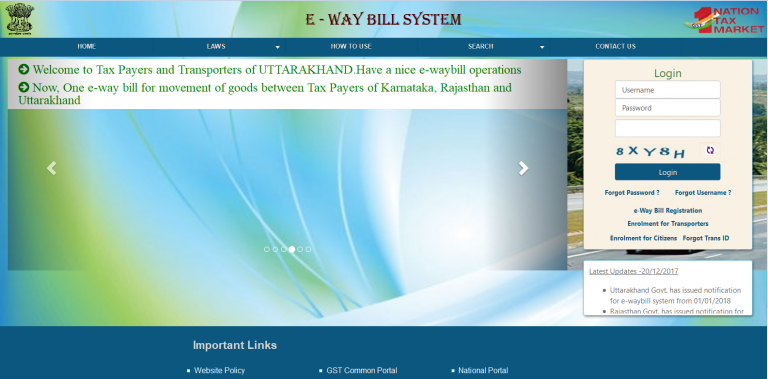GST has been a matter of continuous discussion for every businessman of the country since past year. There had been various changes in the provisions of GST since its implementation. Now, the pending E-way Bill system has to go live. There are certain things about e-way bill system that a businessman must know.
E-Way Bills Implementation Timeline
E-way Bills are mandatory for interstate movement of goods from 01st February 2018.
The states may opt to follow the e-way bill system for intra-state transport anytime between 1st Feb to 1st June 2018. 1st June 2018 onward, e-way bill rules for intra-state transport will uniformly apply to all states.
Exemption from E-Way Bills
Registered and unregistered traders are excluded from the provision if:
- The mode of transportation is through a non-motor vehicle such as bullock cart and others.
- Goods are transported from airport, air cargo, port or land customs station to Inland Container Depot (ICD) or Container Freight Station (CFS) for clearance by Customs.
- Goods fall under specific exemption cases under rule 138
E-Way Bill Requirement
Every transporter, when moving goods of value more than Rs. 50,000 from one place to another, has to carry an e-way bill. Branch transfers, exchange and barter also qualify for e-way bill. For multiple consignments, consolidated E-way Bill can be generated.
Modes of E-way Bill Generation
CBEC has created an E-way Bill portal with web address ewaybill.nic.in. Traders or transporters can create the E-way bill login by registering themselves on the website or mobile app and generate E-way Bills.
This registration is linked to the GSTIN of respective trader/transporter. Users on the portal can have master details created for their regular customers, suppliers and products for ease in generation of bills.
You can also generate multiple user logins under your GSTIN for E-way Bill System.
Checklist for E-way Bill
You shall have Invoice/ Bill/ Challan related to the consignment of goods. This bill/invoice will automatically get reflected in GSTR 1 return after you generate an e-way bill.
Approximate distance has to be disclosed in the E-way Bill as this will define the validity of the bill. For less than 100 kms validity is 1 day and for every additional 100 kms or part thereof additional 1 day.
For Road Transport mode you shall have either transporter ID or vehicle number of the transporter carrying the goods.
Benefits of E-way Bill system
Single e-way bill valid throughout the country therefore, no need of separate transit pass in each state for movement of goods.
This marks a policy shift towards Self declaration mode instead of policing by department. Taxpayers/transporters need not visit any tax officers/checkposts for generation of e-way bill/ movement of goods across states. Faster movement of goods from check-post will help in reducing transportation time.
Over 21000 users registered on day 1 of the launch of new e-way bill portal. This system will also help in keeping a check on tax evasion as the movement of goods can be tracked in the most transparent manner possible.











Pingback: E-Way Bill System Restarts 01st April, Will Govt Succeed in Second Attempt?